You know that moment when you open a textbook and realize it feels… off? Like, suddenly climate change is “a theory,” evolution is “up for debate,” and fossil fuels are barely mentioned at all? Yeah, you’re not imagining it. Across the U.S., a quiet rewrite is happening—and it’s not just about correcting typos. State officials are tweaking science standards in ways that have teachers doing double takes and wondering if they accidentally walked into a history class from 1952.
The wild part? It’s not one rogue state—it’s more than a dozen, each putting their own spin on what “science” should look like in the classroom. Educators are pushing back, but the changes are slipping into lesson plans faster than you can say “peer-reviewed.” And while some edits might seem subtle—changing a word here, softening a sentence there—they add up. The result? A new generation of students who may know how to do a TikTok dance but are hazy on how the planet works. Let’s break down 13 states that are quietly rewriting science, and why it’s making teachers want to throw their red pens in the air.
1. Oklahoma
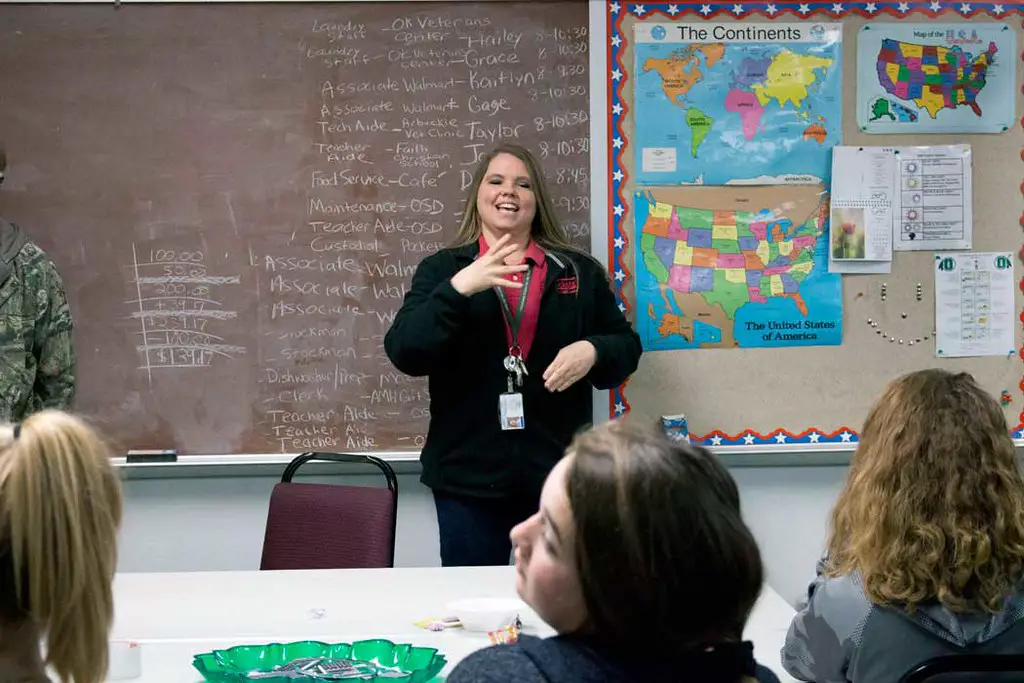
Oklahoma’s recent approach to science education is giving major déjà vu—like we’re back in a debate from the early 2000s. Evolution remains a major flashpoint, with some school boards subtly pushing materials that emphasize “alternatives” to Darwin’s theory. While the state doesn’t officially ban evolution, it allows local districts a surprising amount of leeway in selecting supplementary materials. Some educators say this opens the door to pseudoscience creeping into classrooms.
As Science Direct reported, there have been growing concerns that climate change and fossil fuel science are also being distorted or diluted. Oklahoma, a major oil and gas state, has seen pushback when curricula suggest fossil fuels are harming the planet. The result? Vague language, “both sides” framing, and fewer clear answers. Critics argue students are getting a politicized version of science that dodges uncomfortable truths. For teachers trying to follow the data, it’s like running a race in flip-flops. In Oklahoma, science is being rewritten—and not in the peer-reviewed way.
2. Texas
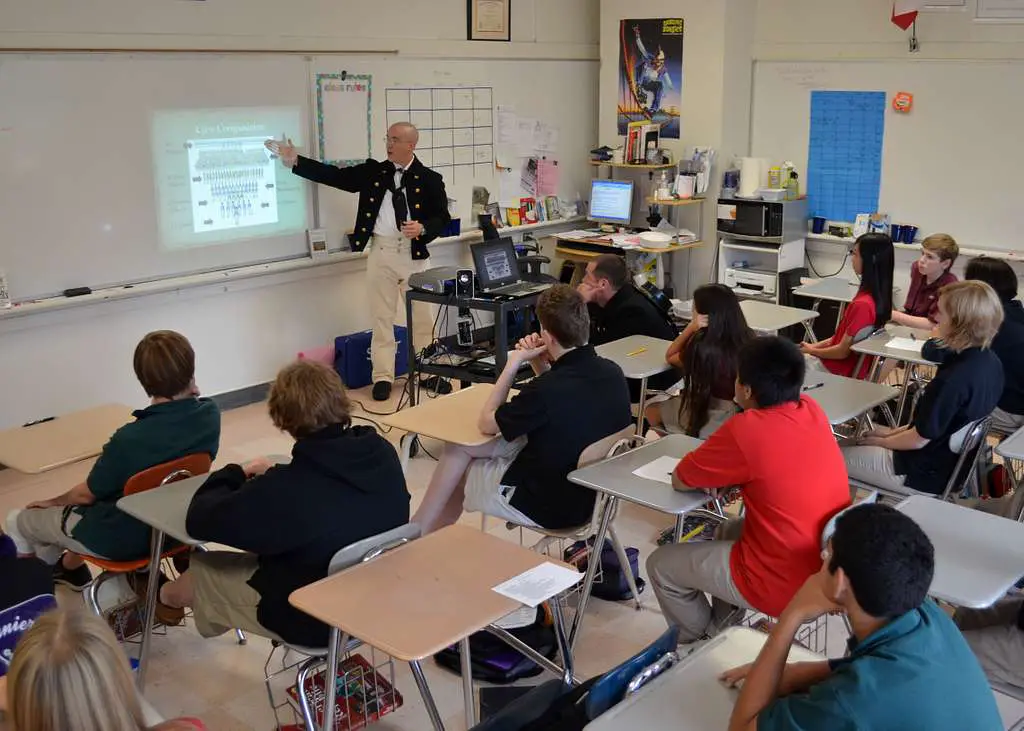
When Texas sneezes, America’s textbooks catch a cold. Because of its sheer buying power, Texas has an outsized influence on national curriculum standards—especially for science books. So when the state’s Board of Education makes even slight edits, it often prompts publishers to adjust content for everyone else too. Recently, critics say climate science, evolution, and vaccine efficacy have been selectively watered down or “reframed” in new textbook drafts.
Educators are sounding the alarm. Per an AP investigation, several textbook submissions to the Texas board noticeably downplayed climate change—referring to it as a “possible trend” rather than a global crisis. Some books were even dinged for using the phrase “fossil fuels.” Teachers say these shifts not only confuse students but also politicize basic science. The result? A generation that might know less about rising seas than it does about TikTok dances. If you feel like we’re backsliding, you’re not imagining it. In Texas, science class is getting a rewrite—and it’s making a lot of people nervous.
3. Florida
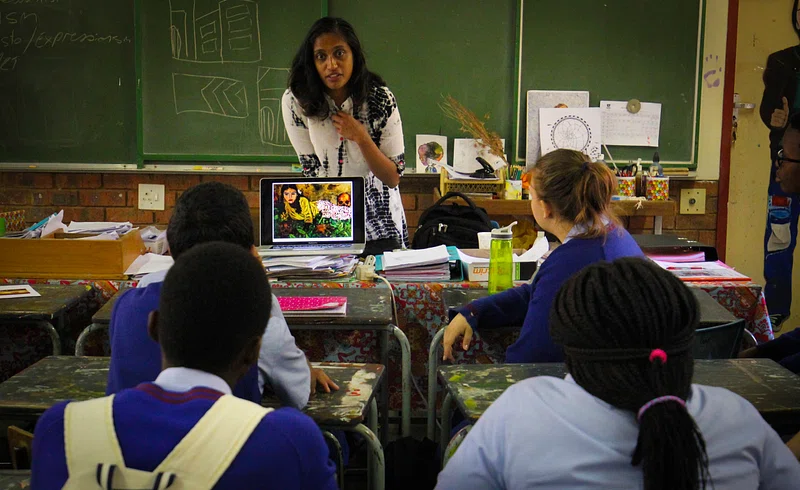
Florida’s been doing the educational equivalent of rewriting the script mid-show—and science is definitely in the crosshairs. The state has introduced new textbook review policies that allow officials to reject or demand changes to books deemed “indoctrinating.” The problem? That definition is incredibly subjective. Climate science, human evolution, and even pandemic-related material have all come under fire.
According to The NY Times, more than a dozen science and social studies books were flagged in 2023 for content that “lacked balance.” In some cases, publishers pre-emptively revised climate language to pass the state’s approval process. Teachers say the move leaves students with half-truths and muddy facts—like teaching algebra with only even numbers. And while some parents cheer the oversight, others are worried that kids aren’t getting the real story. If you’re wondering how science class became the new battleground, Florida’s making it very clear. Down here, even the facts are up for debate.
4. South Carolina
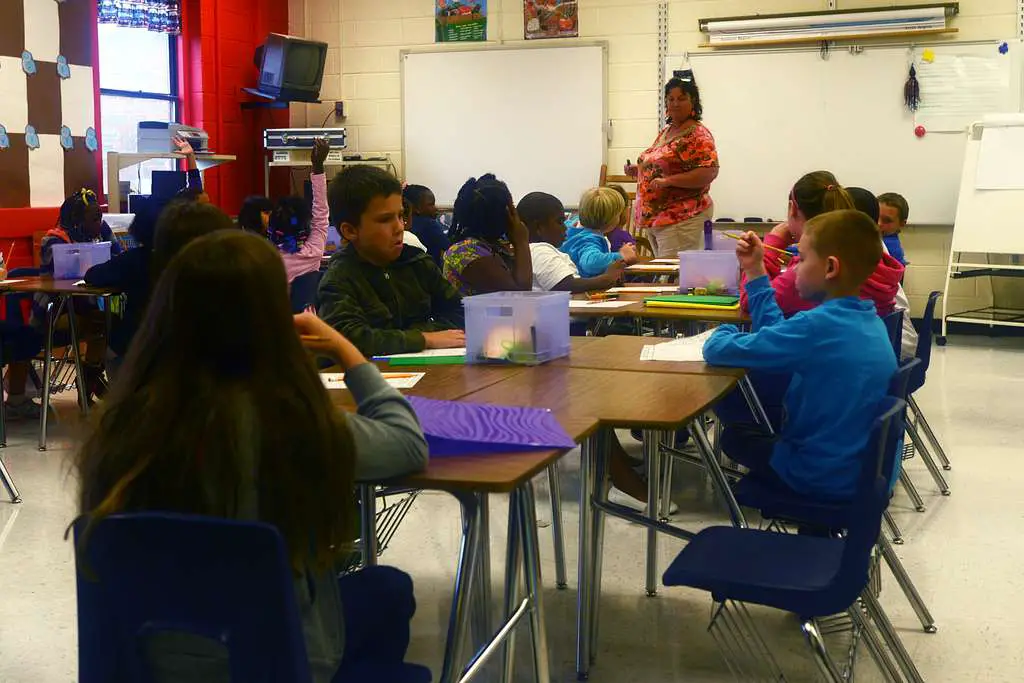
South Carolina hasn’t made as many headlines, but behind the scenes, textbook standards are getting a quiet makeover. State reviewers have questioned content related to evolution and the age of Earth, and pushed for “philosophical balance” in science lessons. In practice, that often means giving equal time to unscientific viewpoints—something that deeply frustrates educators.
In a piece by ABC News, reviewers noted concern over books that presented climate change or natural selection as “settled facts.” Science teachers argue this kind of framing muddies the scientific method. Instead of focusing on evidence and consensus, it becomes a discussion of “opinions”—not a great vibe for a biology test. Students end up confused about what’s real and what’s just a rhetorical talking point. And while the state says it’s all about “academic freedom,” many in the classroom say it’s more like academic gaslighting. If your eighth grader thinks gravity is just one theory among many, now you know why.
5. Idaho
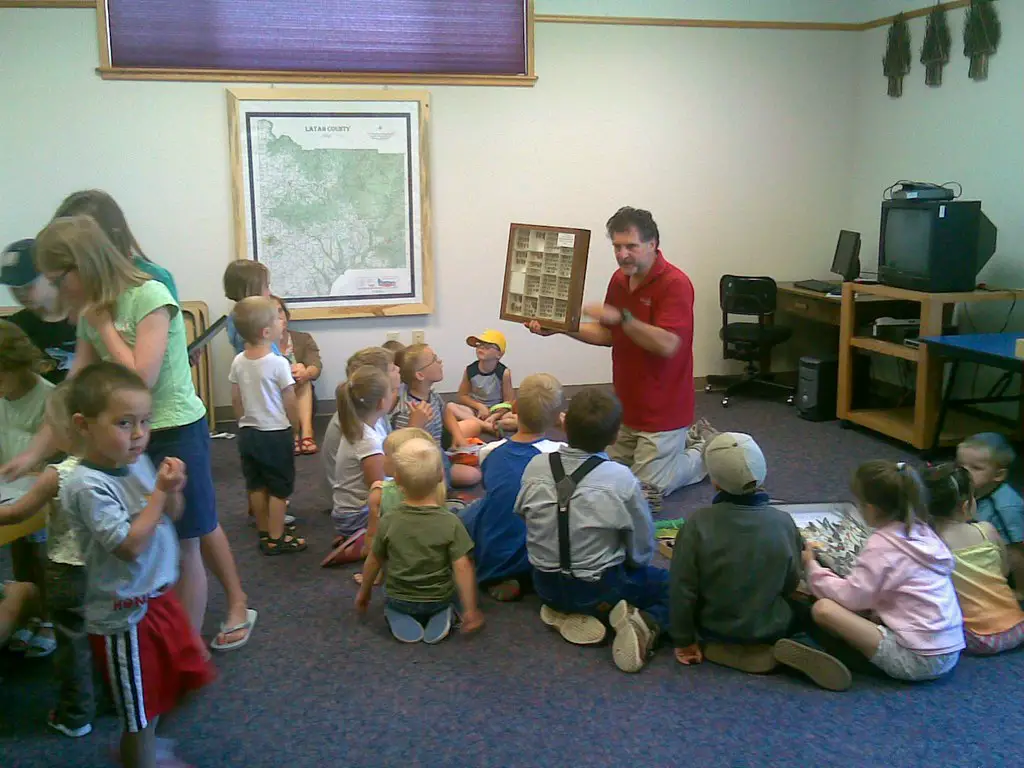
Idaho may not be the first state that comes to mind in a curriculum battle, but it’s been quietly making some bold moves. In recent years, the state has removed several references to human-caused climate change from its official science standards. Teachers fought to keep the language in, citing its importance for understanding environmental science—but legislators weren’t having it.
The Society of Environmental Journalists reported that Idaho became the first state in the country to strip climate science from its science guidelines back in 2018, setting off a trend that others have followed. Lawmakers claimed the language was too “ideological,” despite the overwhelming scientific consensus. Students now get a version of environmental science that skips the whole “humans are responsible” part. Critics say this not only misleads kids—it leaves them unprepared for real-world careers in environmental fields. Meanwhile, educators are walking a tightrope between teaching facts and avoiding political landmines. In Idaho, science is being edited—and some would say censored.
6. Missouri

Missouri has entered the chat, and educators aren’t exactly thrilled. The state has recently given school districts more flexibility in adopting materials that “reflect local values”—which sounds nice until you realize it often means sidelining established science. Topics like climate change and evolution have been softened or reframed, and in some districts, completely omitted. Teachers are quietly swapping out entire chapters or skipping lessons altogether to avoid controversy.
It’s especially tricky when parents get involved, demanding “balanced” teaching on topics where the scientific consensus is clear. The result? A whole lot of confusion for kids trying to figure out what’s real and what’s just politically safe. In some places, teachers feel like they’re walking a tightrope over a volcano. The fear isn’t just backlash—it’s job loss. And when fear drives education policy, science gets blurry. Missouri’s updates may not make headlines, but in the classroom? The silence is deafening.
7. Georgia
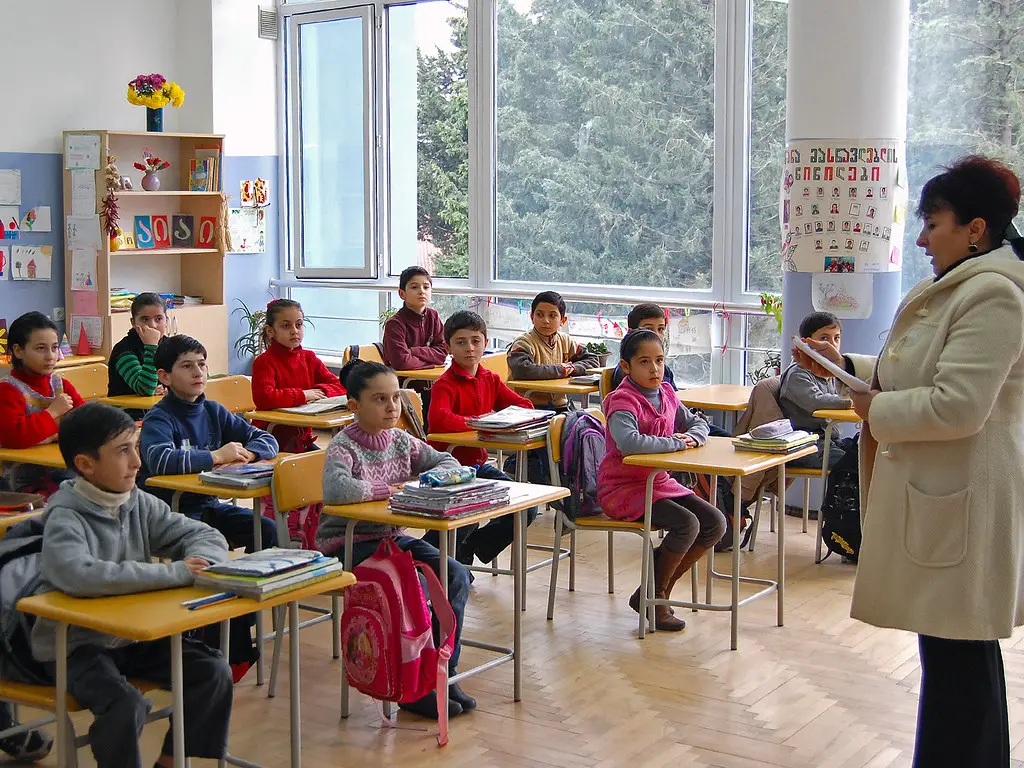
Georgia’s got peaches, charm, and now… textbook edits that have educators raising eyebrows. The state has slowly been revising science standards, pushing for what they call “critical thinking” on topics like evolution and environmental science. Sounds reasonable—until you realize “critical thinking” is being used as a smokescreen for introducing doubt where there isn’t any. Think: “Some scientists believe…” when literally all scientists agree.
Teachers say they’re being nudged to treat scientific facts like opinions in a group chat. Climate change gets spun as a theory with “many sides,” and evolution often gets cut with euphemisms like “adaptation over time.” It’s death by a thousand vague phrases. Students end up unsure whether they’re learning science or PR. And honestly? That confusion sticks. Georgia’s science teachers are doing their best—but the red pen is strong with this one.
8. Kentucky
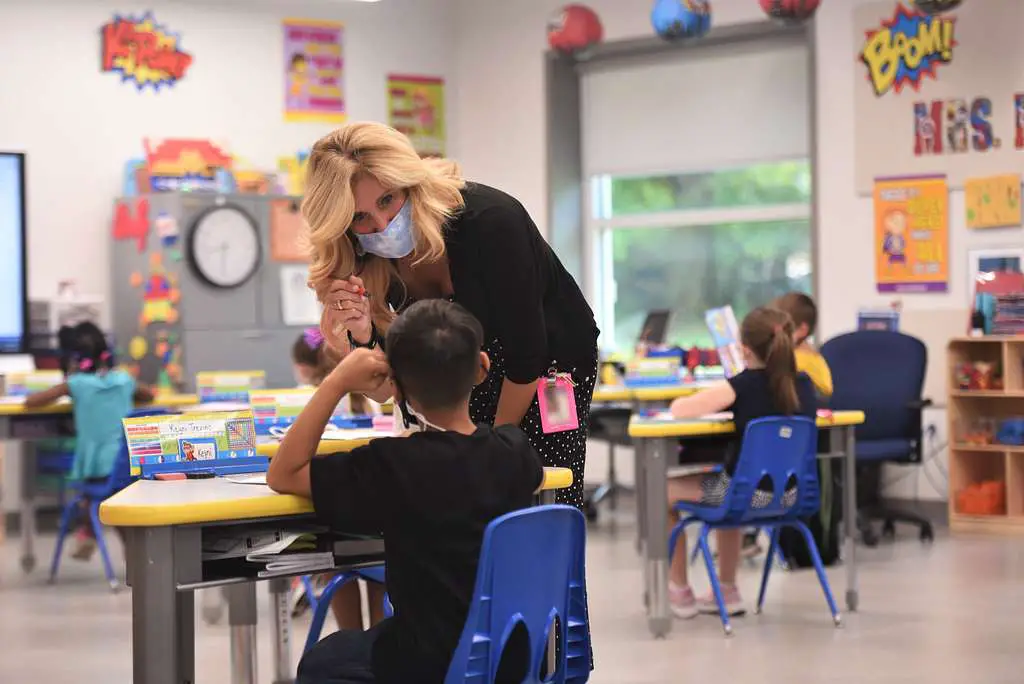
Kentucky’s changes aren’t loud, but they’re loud enough to disrupt classrooms. While the state hasn’t openly banned any science topics, its curriculum framework has been edited to make controversial issues “less politically charged.” Translation: strip out words like “global warming,” downplay evolution, and leave space for “alternative viewpoints.”
Many teachers have quietly admitted to skipping units that could cause parental complaints. It’s not that they don’t want to teach science—it’s that they’re exhausted from defending it. Some schools have even brought in supplemental materials that lean more philosophical than factual. The result? Science class is starting to sound a lot like a debate club. And students walk away thinking there’s a scientific controversy where none actually exists. Kentucky’s rewrite isn’t a full-blown eraser—but it’s definitely a highlighter in all the wrong places.
9. Indiana

Indiana’s version of the rewrite is all about what’s left out. Subtle curriculum shifts have removed or reworded standards tied to climate literacy and human impact on ecosystems. While the state still teaches basic biology and earth science, the bigger-picture stuff—the “why it matters”—is getting fuzzy. Teachers say they’re being told to “stick to the facts,” but it turns out the definition of “facts” is now up for negotiation.
Climate change is rarely taught with the urgency it deserves. Evolution? Sometimes it’s in the textbook but mysteriously absent from the test. And when students ask real-world questions, teachers are caught in the crossfire. Indiana’s edits aren’t extreme, but they’re enough to dilute the strength of science education. Like watering down orange juice until it’s just a suggestion. The science is technically still there—it just doesn’t hit the same.
10. Alabama

Alabama’s always had a complicated relationship with science curriculum, and recent updates haven’t exactly cleared the air. While the state hasn’t banned key topics outright, local boards have the power to override or edit how subjects are taught. That means two classrooms in the same district might be teaching wildly different versions of climate science or biology. One might be sticking to peer-reviewed facts, while the other is diving into “intelligent design” or climate skepticism.
This patchwork approach leaves students with an uneven—and sometimes flat-out inaccurate—understanding of basic science. Teachers say they’re constantly fielding parent complaints, admin pressure, and outdated materials. It’s like trying to teach physics with a slingshot. Even those who want to teach solid science have to tiptoe around wording and lesson plans. Alabama’s quiet edits are anything but small to the people in the trenches. They’re changing what kids believe is true—one subtle shift at a time.
11. Mississippi
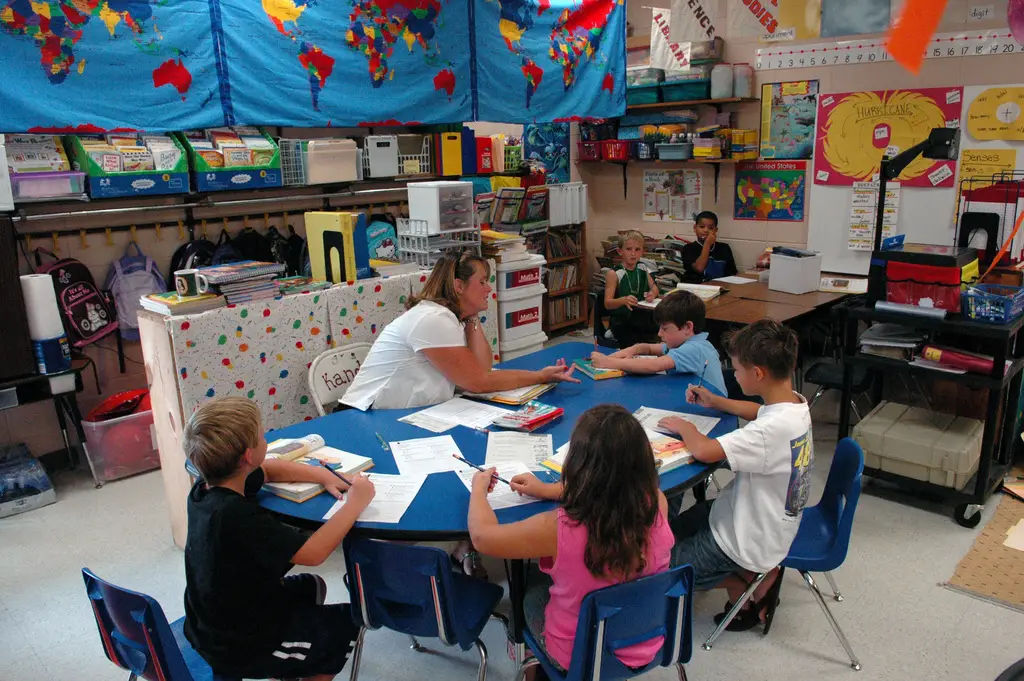
Mississippi’s textbook edits are sneaky: small word swaps, reduced emphasis, and the occasional chapter left out completely. Evolution is still in there—technically—but it’s been softened with phrases like “some scientists believe” and “many theories exist.” Climate change? Good luck finding a full discussion that includes human impact or fossil fuels.
The state insists it’s just “making room for broader perspectives,” but science teachers are feeling the pinch. Some schools have even cut labs that used to teach critical scientific concepts in favor of more “neutral” activities. It’s all very polite and quiet—until you realize how much students are missing. And the longer this goes on, the harder it becomes to course-correct. Kids deserve to learn real science, not science with disclaimers. But for now, Mississippi’s playing it safe—and that’s what has educators sounding the alarm.
12. North Dakota
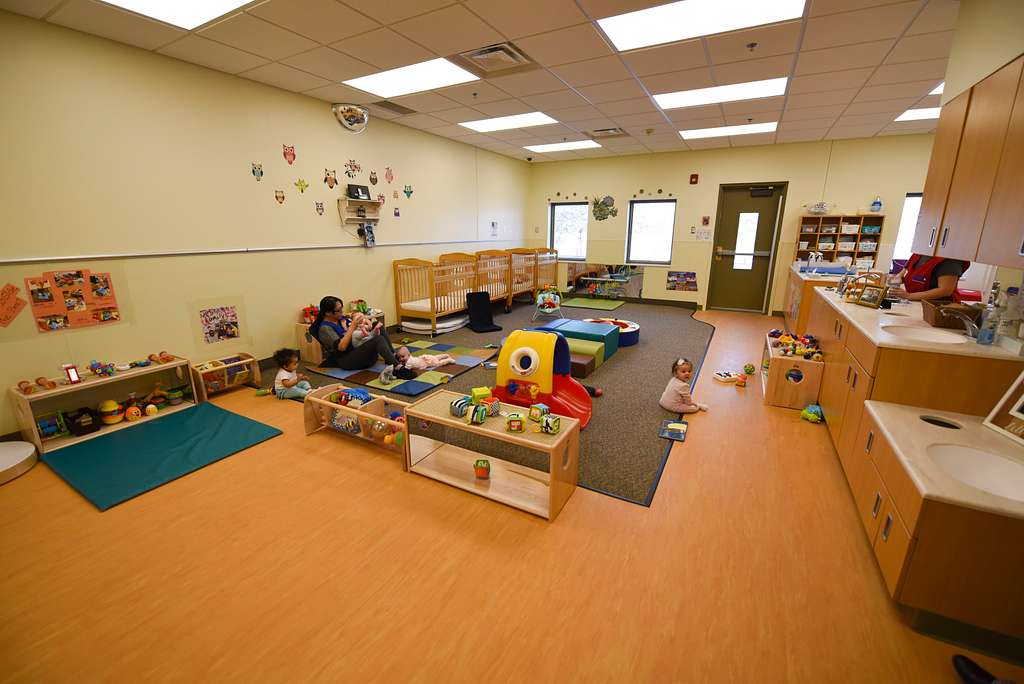
In North Dakota, the changes aren’t dramatic—they’re death by omission. Curriculum reviews have slowly trimmed down the scope of environmental science, with less emphasis on climate trends and more on “stewardship.” Sounds wholesome, right? But that framing often avoids tough truths and discourages critical thinking about human responsibility.
Evolution has also seen a dial-down, with fewer assessments tied to natural selection and more “open-ended discussions” in class. That might sound progressive, but when your biology teacher spends more time asking what people believe than why things happen in nature, students lose the plot. Teachers say they feel like referees in a political arena. Even bringing up global warming can lead to awkward emails from administration. North Dakota’s edits aren’t explosive—but they’re quietly reshaping the future of science education in a big way.
13. Arizona
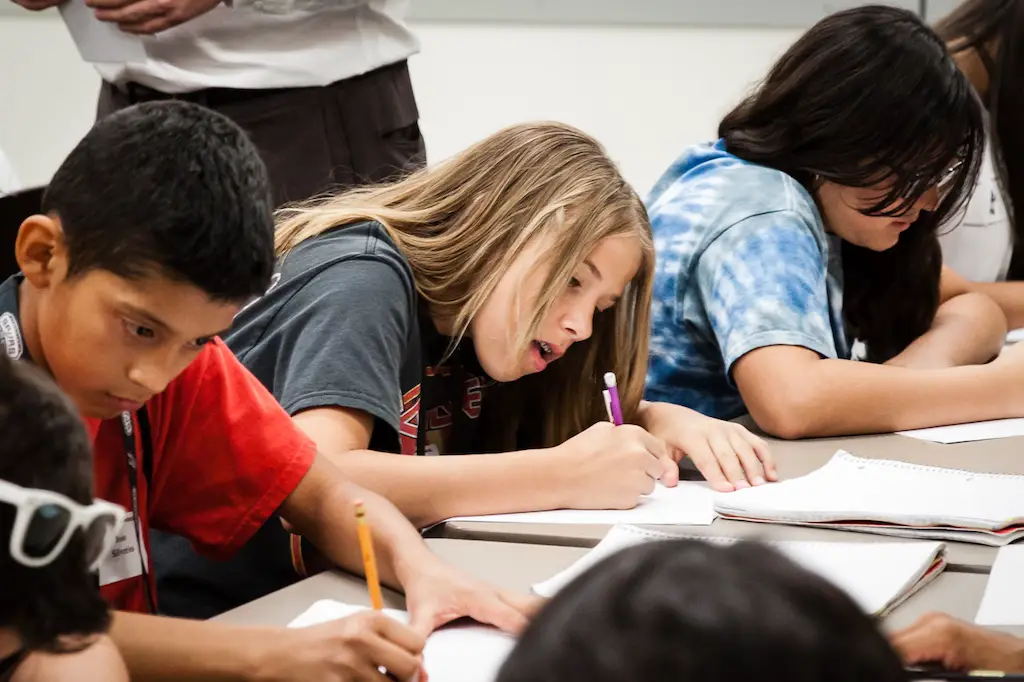
Arizona rounds out the list with some textbook edits that fly just under the radar—but not past educators. While evolution and climate change are still in the standards, they’re increasingly presented alongside “alternative views” or language that implies scientific debate where there isn’t any. Textbooks have been adjusted to avoid “bias,” which often translates to vague or incomplete explanations.
Teachers say it’s harder than ever to give students a clear, fact-based foundation in biology and earth science. Instead, they’re spending more time defending the existence of settled science than actually teaching it. Some districts are even opting for older books just to avoid “controversial” updates. The irony? In trying to avoid conflict, Arizona’s creating more confusion. And the next generation of scientists, doctors, and voters may pay the price. It’s not a textbook bonfire—but it might be just as dangerous.
